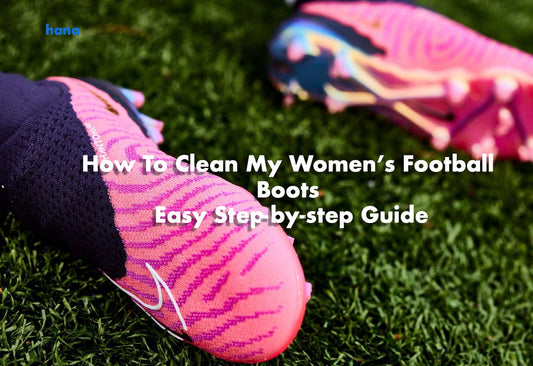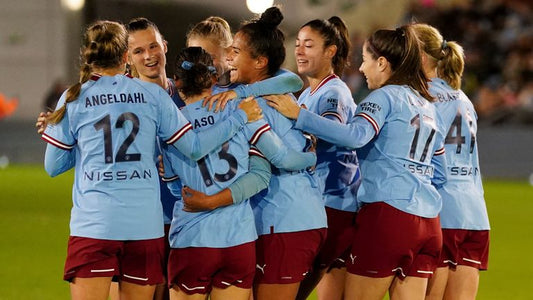Playing for a school football team can be the first step towards a career as a professional female footballer. I've experienced the same doubts as you: Can I become a professional footballer in the future? Will I be able to play in the WSL? Can I make a living from football? Today, I will combine my personal experiences and feelings to tell you about the journey from school football team to professional athlete.
From school to the world
1. Creating Opportunities on and off the pitch
As mentioned in our previous guide, the fastest way to become a pro is to gain ample playing opportunities, improving your skills and football IQ through matches. This requires us to actively seek opportunities both on and off the field. Have you ever experienced extreme fatigue on the field after multiple transitions between attack and defense, and feeling oxygen-deprived, mentally blank, with decreased movement frequency? In fact, these moments are when we can find opportunities. Because when you feel tired, your opponents are also in a state of high fatigue, which means they may leave space for you to attack. So, the next time you feel exhausted on the field, try to grit your teeth, observe the condition of your opponents, and strive to create opportunities in such moments.

In addition to persevering on the field, we should also have this proactive attitude off the field. Speaking from my own experience, when I was ten years old, I noticed many teammates who used to play worse than me rapidly improving. After inquiring, I found out that besides attending weekend academy training, they also participated in after-school football camps, which gave them more playing opportunities. Moreover, in the later years of youth team, there was a girl who had always been on the sidelines suddenly making remarkable progress at one point. Later, her friends told us that on non-training days, she would go to the gym or seek private football coaching to improve. What I want to say is, if you really love this sport, then you should try every possible way to find more opportunities, whether on or off the field.
2. Stay Committed to physical fitness
Maintaining physical fitness is crucial for aspiring female footballers, but fitness training means more than cardio, strength, or flexibility exercises, it also includes sleeping and nutrition. My advice is, if you're between the ages of 9-13, in addition to your weekly training and matches, you can go to the gym once or twice a week. In the gym, you can do some core and upper body training because excessive lower body training at this stage may risk affecting your height. If you're over 13 years old, you can add an extra day of lower body training on days with less training. Proper strength training will not affect your physique or make you bulky. Instead, it will ensure that your passing and shooting remain stable even during the latter stages of a match when your stamina declines rapidly, because core and upper body muscles will prevent your passes from being distorted or making mistakes and will enable you to control the ball better when opponents challenging. Meanwhile, lower body strength will help you shoot and make long passes more quickly.

Upper Body Training: Push up, Dumbbell bend over row, Tricep dips

Lower Body Training: Goblet squat, Dumbbell walking lunges, Glute bridges

3. Education and Training Balance









